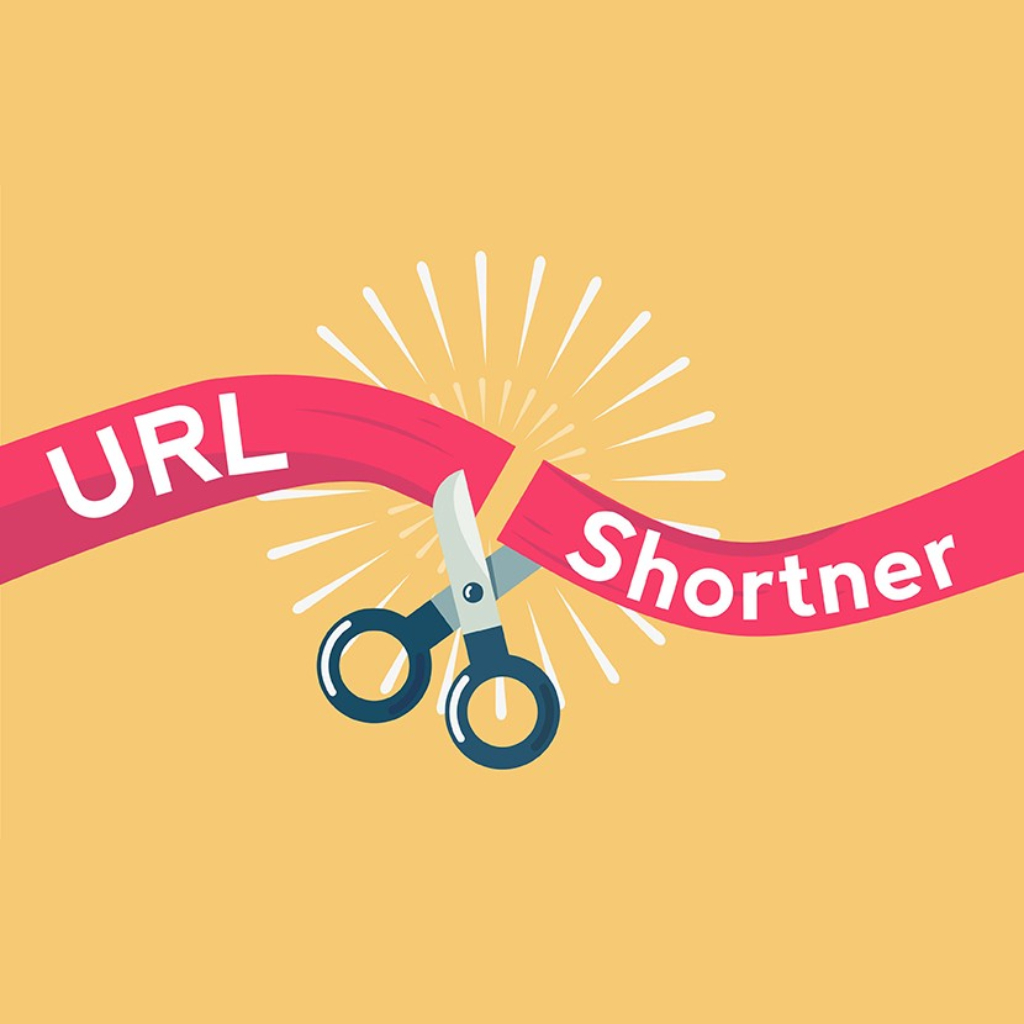
In the vast expanse of the internet, long and cumbersome URLs can be a hindrance, leading to messy text, broken links, and difficulties in sharing. Fortunately, there's a simple solution: URL shortening. In this blog, we'll unravel the mystery of how to make URL links shorter, exploring the various methods available, their benefits, and practical applications.
Understanding URL Shortening
Before diving into the how-to, let's first understand what URL shortening entails. URL shortening is the process of converting a long URL into a shorter, more concise version. This is typically done using a URL shortening service, which assigns a unique identifier to the original URL, creating a shortened link that redirects to the original destination when clicked.
Benefits of Shortened URLs
There are several compelling reasons to use shortened URLs:
Improved Aesthetics: Shortened URLs are cleaner and more aesthetically pleasing, making them easier to read and share, especially in contexts where space is limited, such as social media posts or printed materials.
Enhanced Clickability: Shortened URLs are more clickable, as they reduce the likelihood of links being truncated or broken in transit. This can lead to higher engagement and click-through rates, particularly in marketing campaigns or email communications.
Tracking and Analytics: Many URL shortening services offer built-in analytics and tracking capabilities, allowing users to monitor the performance of their links in terms of clicks, geographic location, and referral sources. This can provide valuable insights into audience behavior and campaign effectiveness.
Methods for Making URL Links Shorter
Now that we've covered the benefits, let's explore the various methods for making URL links shorter:
URL Shortening Services: There are numerous URL shortening services available online, such as Bitly, TinyURL, and goo.gl. These services allow users to input a long URL and generate a shortened version, which can then be copied and shared as needed. Many URL shortening services also offer additional features, such as custom branding, link tracking, and link management tools.
Built-In Shortening Features: Some social media platforms and messaging apps have built-in URL shortening features that automatically shorten URLs when shared within the platform. For example, Twitter automatically shortens URLs using its t.co domain, while WhatsApp and Facebook Messenger also shorten URLs to save space in conversations.
Browser Extensions: There are browser extensions available for popular web browsers, such as Chrome and Firefox, that allow users to quickly and easily shorten URLs directly from their browser toolbar. These extensions typically integrate with URL shortening services and provide a seamless user experience for generating shortened links on the fly.
Custom Short Domains: For organizations or individuals looking to maintain brand consistency or enhance link trustworthiness, custom short domains offer a solution. With a custom short domain, users can create shortened links using their own branded domain name, rather than relying on generic URL shortening services.
Best Practices for Using Shortened URLs
While shortened URLs offer many benefits, it's important to use them responsibly and follow best practices to ensure a positive user experience:
Avoid URL Obfuscation: Be transparent about the destination of shortened URLs and avoid using them to obscure the true nature of the link. Users should always know where a link will take them before clicking on it.
Test Links Before Sharing: Before sharing a shortened URL, be sure to test it to ensure that it redirects to the intended destination correctly. Broken or incorrect links can erode trust and credibility with your audience.
Monitor Link Performance: Take advantage of the tracking and analytics features offered by URL shortening services to monitor the performance of your links. This can help you understand how your audience is engaging with your content and inform future marketing strategies.
Consider Security Implications: While most URL shortening services are reputable and secure, be mindful of the potential security implications of using third-party services to shorten URLs. Avoid using URL shorteners for sensitive or confidential information, as the link could be intercepted or manipulated by malicious actors.
In conclusion, URL shortening is a simple yet powerful tool for streamlining links and improving user experience on the web. By understanding the benefits of shortened URLs, familiarizing yourself with the various methods available, and following best practices for usage, you can make the most of this handy tool and ensure that your links are concise, clickable, and effective in driving engagement and traffic to your content.



